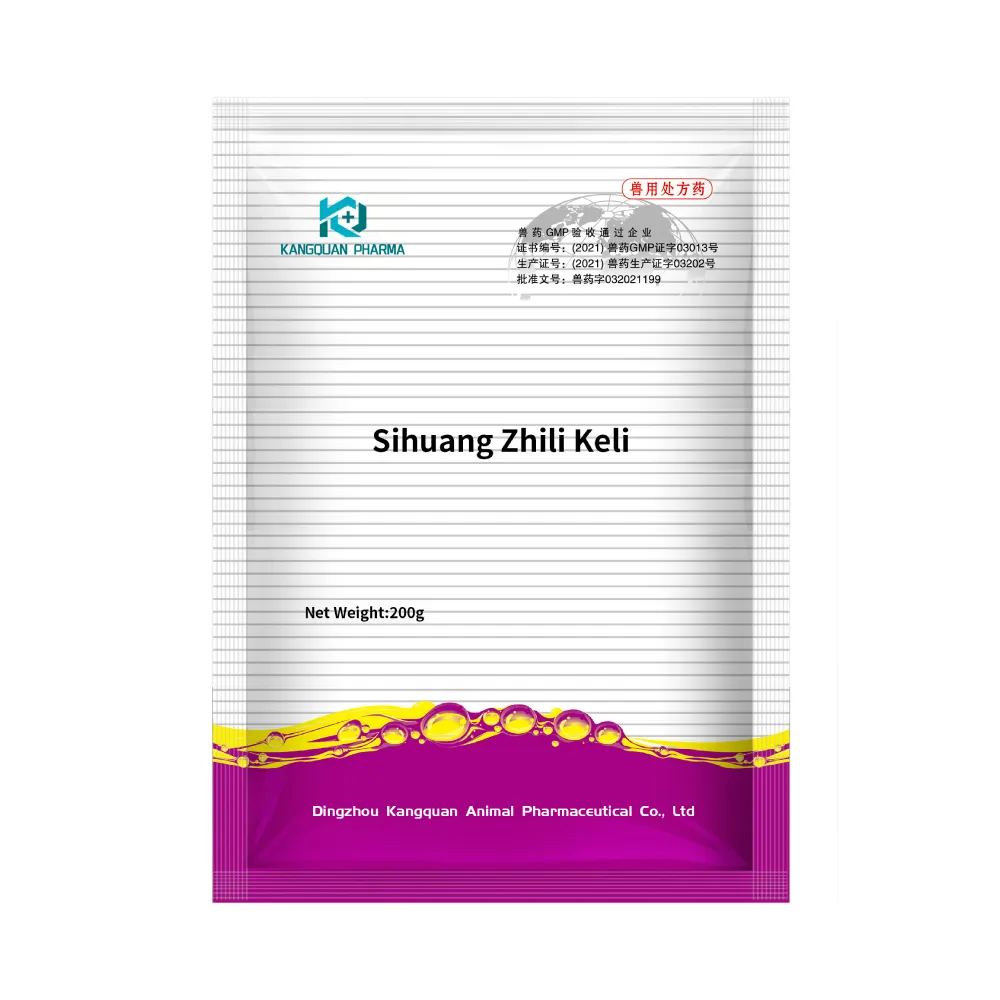- Afrikaans
- Albanian
- Amharic
- Arabic
- Armenian
- Azerbaijani
- Basque
- Belarusian
- Bengali
- Bosnian
- Bulgarian
- Catalan
- Cebuano
- Corsican
- Croatian
- Czech
- Danish
- Dutch
- English
- Esperanto
- Estonian
- Finnish
- French
- Frisian
- Galician
- Georgian
- German
- Greek
- Gujarati
- Haitian Creole
- hausa
- hawaiian
- Hebrew
- Hindi
- Miao
- Hungarian
- Icelandic
- igbo
- Indonesian
- irish
- Italian
- Japanese
- Javanese
- Kannada
- kazakh
- Khmer
- Rwandese
- Korean
- Kurdish
- Kyrgyz
- Lao
- Latin
- Latvian
- Lithuanian
- Luxembourgish
- Macedonian
- Malgashi
- Malay
- Malayalam
- Maltese
- Maori
- Marathi
- Mongolian
- Myanmar
- Nepali
- Norwegian
- Norwegian
- Occitan
- Pashto
- Persian
- Polish
- Portuguese
- Punjabi
- Romanian
- Russian
- Samoan
- Scottish Gaelic
- Serbian
- Sesotho
- Shona
- Sindhi
- Sinhala
- Slovak
- Slovenian
- Somali
- Spanish
- Sundanese
- Swahili
- Swedish
- Tagalog
- Tajik
- Tamil
- Tatar
- Telugu
- Thai
- Turkish
- Turkmen
- Ukrainian
- Urdu
- Uighur
- Uzbek
- Vietnamese
- Welsh
- Bantu
- Yiddish
- Yoruba
- Zulu
ديسمبر . 05, 2024 16:57 Back to list
Understanding the Uses and Benefits of Tetracycline Hydrochloride in Medical Treatments
Tetracycline Hyclate An Overview
Tetracycline hyclate is a semi-synthetic antibiotic that plays a crucial role in the treatment of various bacterial infections. It belongs to the tetracycline class of antibiotics, which were initially derived from the bacterium Streptomyces aureofaciens. Tetracycline and its derivatives, such as tetracycline hyclate, are known for their broad-spectrum antibacterial activity, making them effective against a wide range of Gram-positive and Gram-negative bacteria.
Mechanism of Action
The effectiveness of tetracycline hyclate stems from its ability to inhibit bacterial protein synthesis. It achieves this by binding to the 30S ribosomal subunit of bacteria, which prevents the translation process necessary for protein production. Without adequate protein synthesis, bacteria are unable to grow and replicate, ultimately leading to their death. This mechanism of action is what makes tetracycline hyclate a valuable tool in treating infections caused by susceptible pathogens.
Indications and Uses
Tetracycline hyclate is commonly prescribed for the treatment of various infections, including respiratory tract infections, urinary tract infections, skin infections, and sexually transmitted diseases. Moreover, it is often used in the treatment of acne vulgaris due to its anti-inflammatory properties, which help reduce the severity of acne lesions. Additionally, tetracycline hyclate can be employed to prevent malaria in individuals traveling to endemic areas, providing a dual benefit in treating existing infections and preventing future ones.
Pharmacokinetics
tetracycline hyclate

Once administered, tetracycline hyclate is absorbed in the gastrointestinal tract, although its absorption can be affected by certain dietary factors, particularly the presence of calcium, magnesium, and iron. These minerals can chelate with tetracycline, reducing its bioavailability. Healthcare providers often advise patients to avoid taking tetracycline hyclate with dairy products or supplements containing these metals to enhance its efficacy.
The drug is widely distributed in body tissues and fluids, making it effective for treating systemic infections. However, it is essential to use tetracycline hyclate with caution in patients with a history of renal impairment, as renal function can affect the drug’s elimination from the body.
Side Effects and Considerations
While tetracycline hyclate is generally well tolerated, some patients may experience side effects. Common adverse effects include gastrointestinal disturbances, such as nausea and diarrhea. More serious, but rare reactions may include photosensitivity, allergic reactions, and liver toxicity. Due to the risks associated with prolonged use, it is crucial for patients to follow their healthcare provider’s instructions and avoid self-medicating with antibiotics.
Additionally, the use of tetracycline hyclate has decreased in certain populations due to the risk of developing antibiotic resistance. Bacterial resistance can occur when antibiotics are misused or overused, leading to the emergence of ‘superbugs’ that are resistant to conventional treatments. To combat this issue, healthcare professionals emphasize the importance of antibiotic stewardship, ensuring the appropriate use of antibiotics to preserve their effectiveness.
Conclusion
Tetracycline hyclate remains an essential antibiotic in the medical arsenal for treating various bacterial infections and conditions like acne. Its broad-spectrum activity, combined with effective mechanisms of action, makes it a valuable choice in many clinical scenarios. However, the importance of responsible usage cannot be overstated, as it is vital to mitigate the risks associated with antibiotic resistance while ensuring that patients receive effective treatment for their infections. As research continues to advance our understanding of antibiotics, tetracycline hyclate will undoubtedly remain a critical component of infectious disease management.
-
Guide to Oxytetracycline Injection
NewsMar.27,2025
-
Guide to Colistin Sulphate
NewsMar.27,2025
-
Gentamicin Sulfate: Uses, Price, And Key Information
NewsMar.27,2025
-
Enrofloxacin Injection: Uses, Price, And Supplier Information
NewsMar.27,2025
-
Dexamethasone Sodium Phosphate Injection: Uses, Price, And Key Information
NewsMar.27,2025
-
Albendazole Tablet: Uses, Dosage, Cost, And Key Information
NewsMar.27,2025













